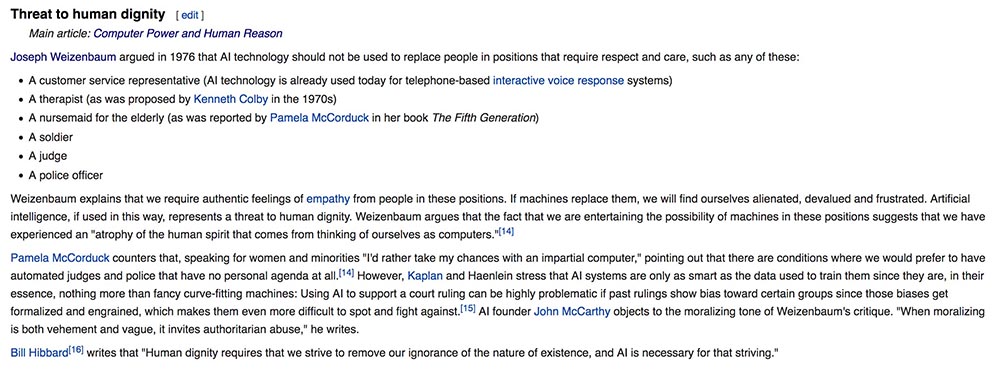-
Digital Fabrication, Circular Systems & the Future of Cities - interview with Tomás Díez:
-
https://www.feedipedia.org: Encyclopedia of animal feeds. #Regenerative #OpenSource
Feedipedia is an open access information system on animal feed resources that provides information on nature, occurrence, chemical composition, nutritional value and safe use of nearly 1400 worldwide livestock feeds.
-
https://www.developmentbookshelf.com/ - #Regenerative #OpenSource
Development Bookshelf is a specialist peer-reviewed and evidence-based online book and journal collection for International Development policy, practice and research professionals. The collection reflects the learning of multiple agencies and development professionals across a variety of specialist subject areas.
-
Expulsions: Brutality and Complexity in the Global Economy - talk by Saskia Sassen:
-
Shenzhen Open Innovation Lab aims to promote and facilitate collaboration between global makers and Shenzhen open ecosystem: https://twitter.com/szoil001 https://www.szoil.org/

-
SHAJI STUDIO 2019: An immersive summer school in the heart of China’s dynamic manufacturing ecosystem: https://blog.fab.city/shaji-studio-2019-an-immersive-summer-school-in-the-heart-of-chinas-dynamic-manufacturing-a289e6bc7f5b
Shaji Model
Inspired by what they see in Shaji, Alibaba Researcher worked with CASS (Chinese Academy of Social Science) on Shaji model that summarized critical drivers of their success.
- Bottom-up model: unlike the typical model of bringing e-commerce to the rural area in the top-down fashion, e-commerce was started from the bottom up by the rural residents themselves.
- Copy to scale: the low barriers of entry enabled others to copy the existing business and start their own. The paper called this a cell division copying with exponential growth.
- E-commerce market drove industrialization: unlike the traditional model of industrialization by offering a considerable amount of cheap labors to manufacture goods for others, the industrialization is driven by the market reality to decide what kind of tools, equipment, and technologies to adopt.
- The clear core group who compete and collaborate: the core group of Shaji e-commerce is the new entrepreneurs who are mostly related to each other through family ties. The multiple layers of relationship create a system of competing and collaboration that further expand the complexity of the business ecosystem that contributes to the growth of diversification and specialization.
- “presence and not interfering” governing: the government did not try to lead the development policy or direction and focus on building infrastructures such as roads, electricity, and telecommunication. Also, the government is responsible for solving problem arise from the community such as securing land usage for the factory. (e.g., Farmlands to industrial lands change is extremely hard in rural China).
- Proper vertical markets. The furniture markets with vast segmentations of the markets enable the cell division model of scaling to specialize in different segments. Thus, proper vertical market facilitates the cell division model of scaling of the Shaji model.
-
The Mass Distribution of (almost) Everything - by Tomas Diez (Fab Lab Barcelona Director):
https://blog.fab.city/the-mass-distribution-of-almost-everything-c0ca4be24429In a new iteration of democracy, participation should not be merely about giving an opinion or delegating power to elected representatives, but about co-creating and co-building neighbourhoods and cities.
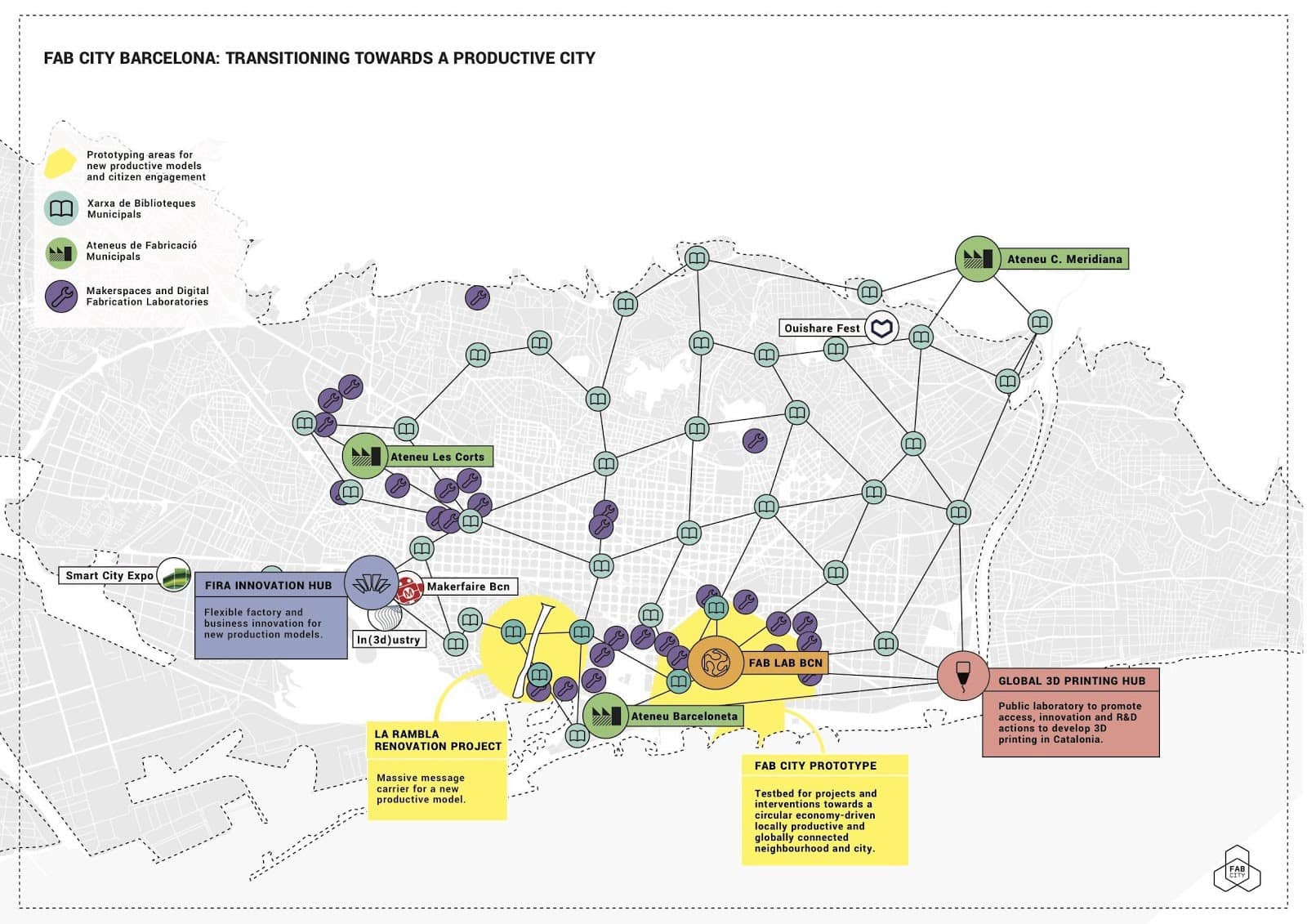
-
OrganiCity is a service for experimentation, which explores how citizens, businesses and city authorities can work together to create digital solutions to urban challenges:
http://organicity.eu/ #OpenSource #Regenerative #Infrastructure
-
GROW Observatory: https://growobservatory.org/
The GROW Observatory (GROW) is a European-wide project engaging thousands of growers, scientists and others passionate about the land. We will discover together, using simple tools to better manage soil and grow food, while contributing to vital scientific environmental monitoring.
-
Making Sense: http://making-sense.eu/
Making Sense will show how #OpenSource software & hardware, digital maker practices and open #Design can be effectively used by local communities to appropriate their own technological sensing tools, make sense of their environments and address pressing environmental problems in air, water, soil and sound pollution.
-
Romi Robotics for Microfarms: #OpenSource lightweight robotics platform for microfarms (densely-planted, intermixed polycultures), especially for weed reduction and crop monitoring: https://fablabbcn.org/0000/02/09/romi.html #FFHCI #Regenerative #Robot
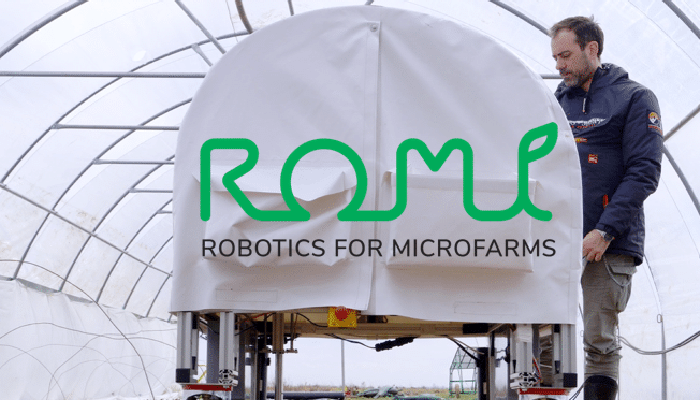
-
https://smartcitizen.me/ is a #OpenSource #IOT kit with sensors to collect urban data:
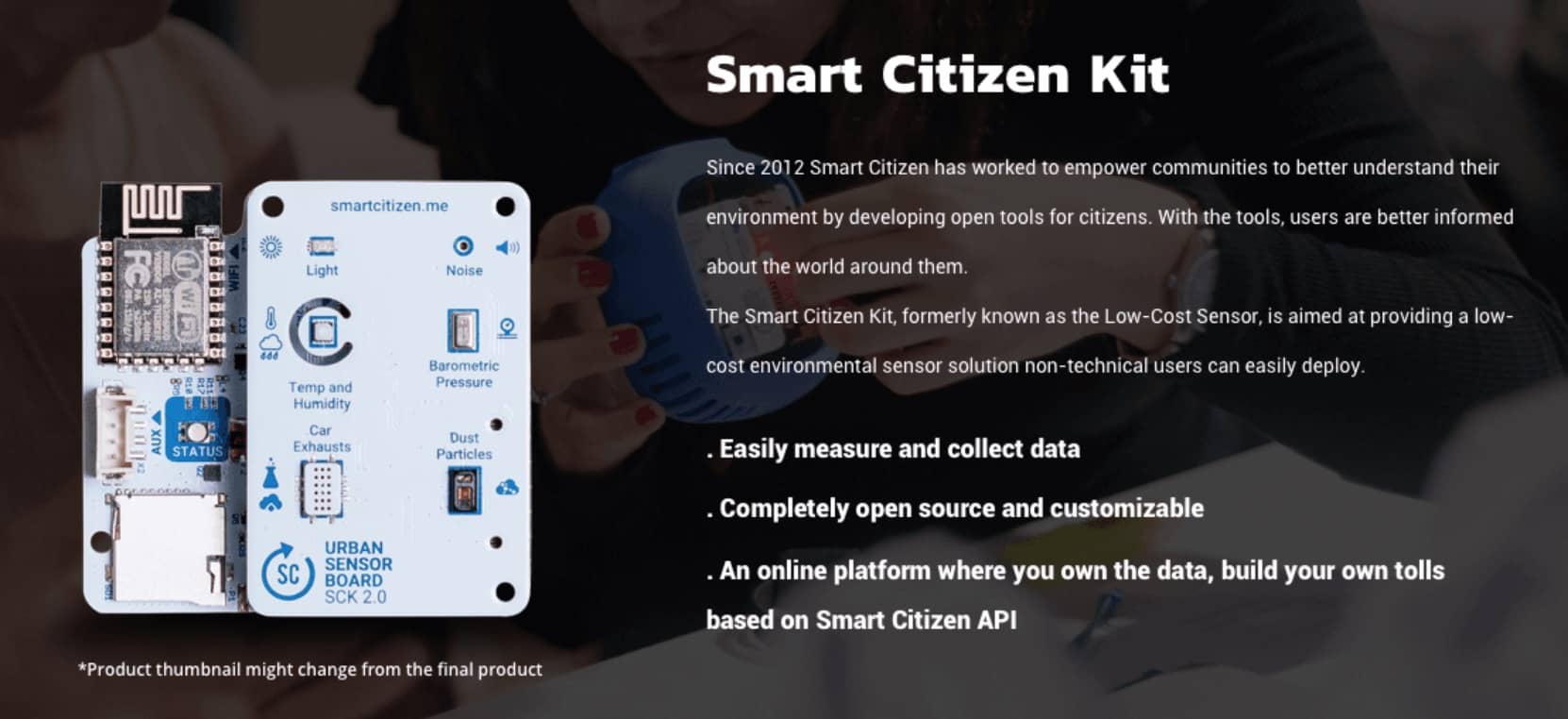
-
@Materiom_ is a collaborative platform of #OpenSource material recipes made from locally abundant nutrients: http://materiom.org
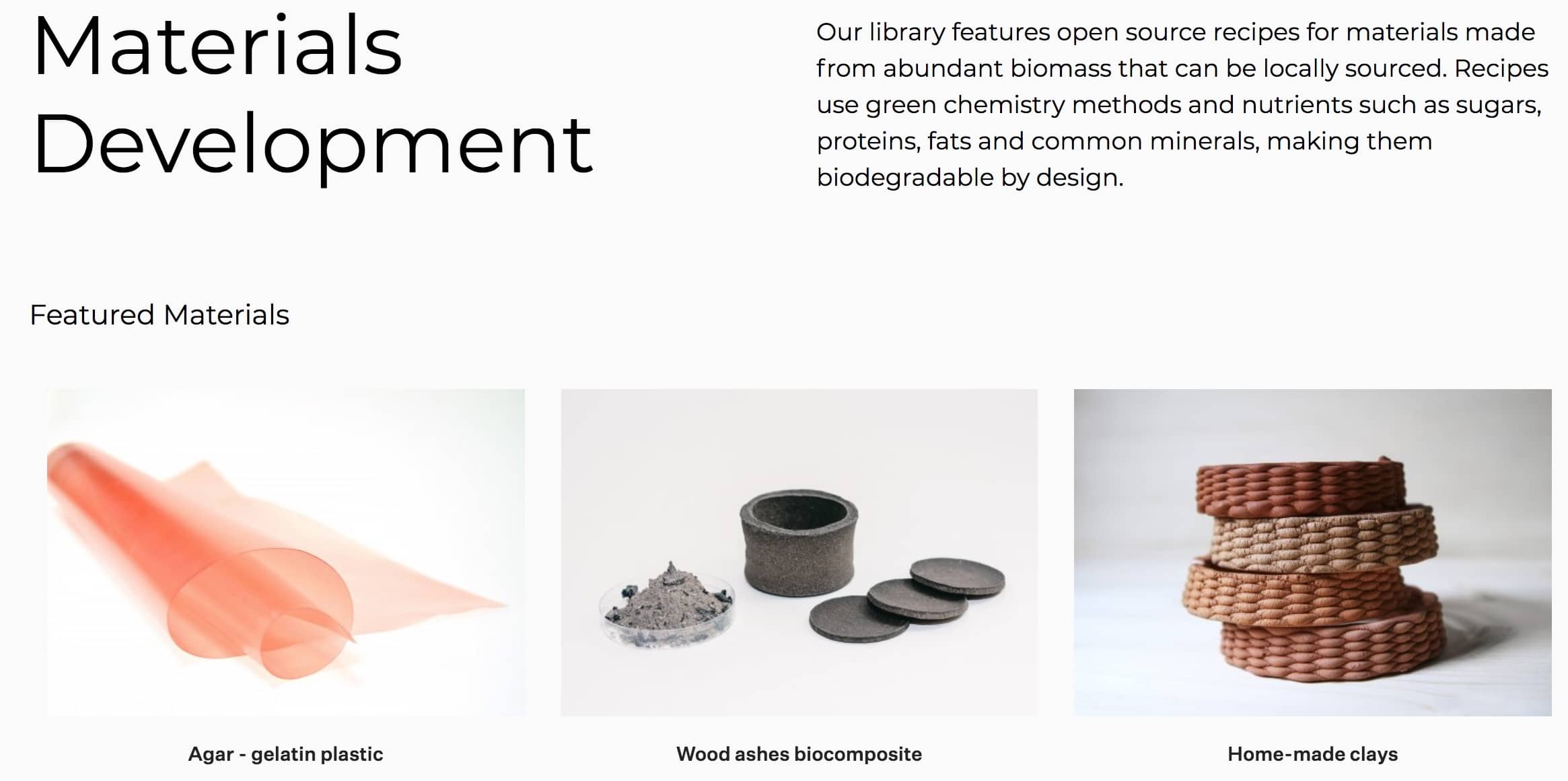
-
Remodel is a #OpenSource business model toolkit by @designcentret. Open for all to use, if you want to build new open business models & communities: https://remodel.dk/
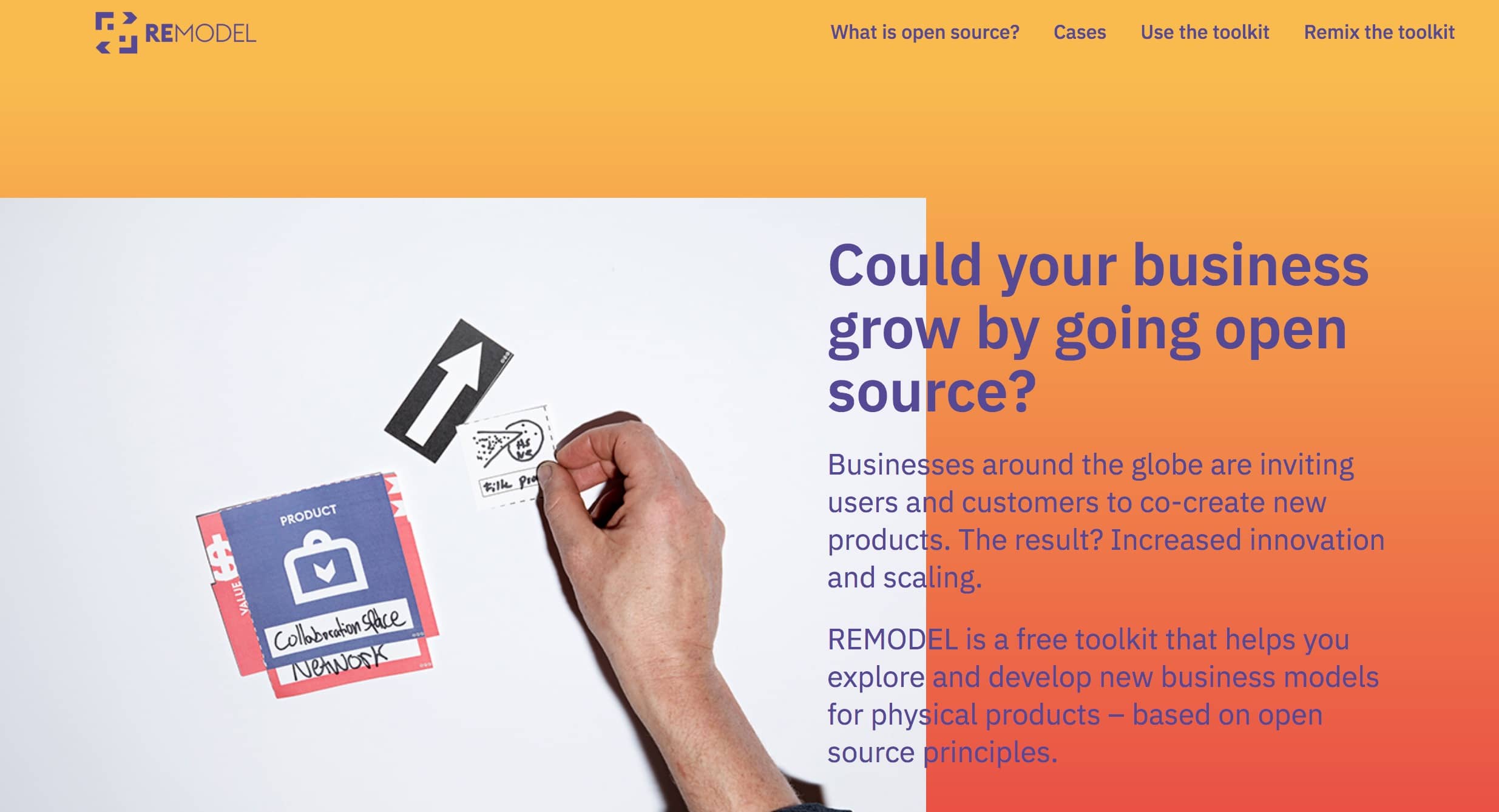
-
Opendesk: Towards a Local Means of Production - talk by Joni Steiner (2018)
-
Knowledge is a process, not a product. - Ruth Nanda Anshen
Information is not synonymous with knowledge. Information is only data, parts of the whole. Knowledge has a moral imperative to enhance intellectual and spiritual unity. - Ruth Nanda Anshen
-
Fela Kuti - Teacher Don't Teach Me Nonsense. #Music
-
Tools for Conviviality - Book by Ivan Illich (1973) (PDF)

Ivan Illich Talks Tools, Cybernetics, and the Good Samaritan
-
John Zerzan on the Dehumanizations of Modernity: https://en.wikipedia.org/wiki/John_Zerzan
John Zerzan: On Modernity and the Technosphere
-
Joseph Weizenbaum: https://en.wikipedia.org/wiki/Joseph_Weizenbaum

Computer Power and Human Reason:
https://en.wikipedia.org/wiki/Computer_Power_and_Human_Reason
https://en.wikipedia.org/wiki/Ethics_of_artificial_intelligence